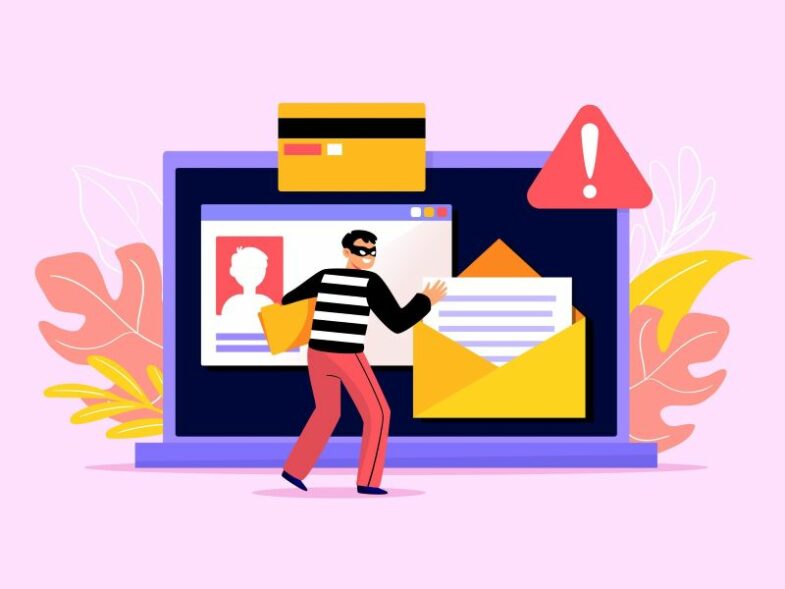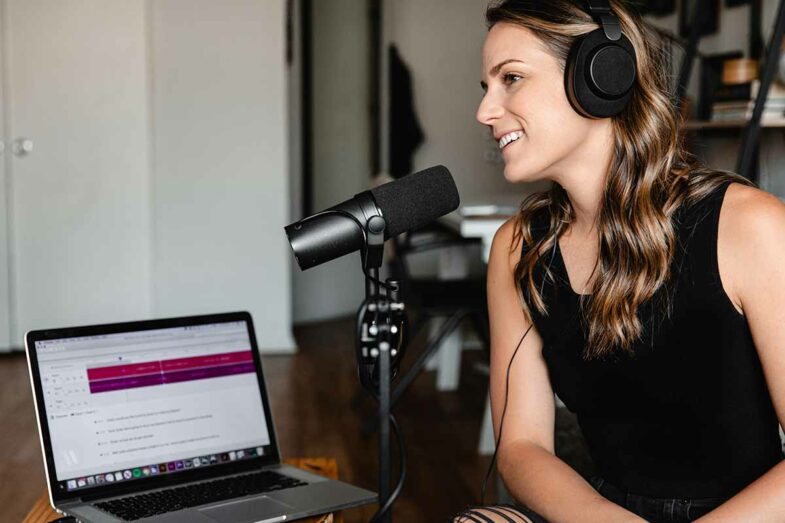The new wave of creators is thriving in this fast-paced digital age where social media platforms, blogs, and online marketplaces present equal opportunities like never before. Yet, with these clean opportunities come an increasing number of scams designed to exploit creators for financial gain, theft of intellectual property, or personal data compromise. Whether you’re a Digital Marketer, potentially with a few skill sets in content creation, or even a Digital Artist, understanding how to protect all of your work and yourself is key. But even when mapped out, the internet remains an extremely complex place, making it a breeding ground for scams — which we break down below, outlining crucial tips for navigating the digital landscape as a content creator and staying one step ahead with a scam checker.
Be Wary of Unrealistic Offers
One of the most prevalent types of scams targeting creators are offers that are too good to believe. You may receive an email that looks like it is from a brand that wants to give you a huge amount of money to do something easy like share a post, review a product, or create some content. Some of these offers may be valid, but scammers tend to exploit creators’ desire for growth and recognition.
Tip: Get to know the company or person contacting you. Seek verified contact info, probe their online presence and, if possible, read reviews from others who’ve worked with them. If this sounds very high or the communication comes across as poorly written or general, be careful.
Verify Paid Collaborations
As creators have sought to increase their reach, paid partnerships with brands have become a cornerstone of their revenue.[time.com] But scammers frequently pose as reputable brands or marketing agencies, offering to pay creators to promote work that never comes through.
Note: Make sure any paid collaboration is done on an official, professional platform. Never reveal personal financial details unless you are certain the offer is legitimate. A scam checker tool comes in here, as it can uncover red flags for you, like a fraudulent company website or a dubious email address. Also the use of contracts and invoicing services that will protect you.
Product Giveaways and Contests
Creators are one of the top targets for scammers offering product giveaways and contests, which is an attempt to collect personal information. Sometimes, these scams request creators submit private data, including home addresses or social security numbers, claiming it must have this information to ship a prize.
Tip: If the contest is on the up and up, it won’t ask you for sensitive information up front. Be sure to read the rules and regulations before entering, and check whether the hosting company is valid. So we will use a scam checker tool that potentially government website to ask for a watermark, so you will use a scam checker tool then you can easily find fraudulent websites or fake social media accounts that are set up to slip you up.
Protect Intellectual Property
Intellectual property (IP) theft is a legitimate risk for authors in the digital age. Scammers might copy your images, videos, and designs, or write the content and use them without any authorization. This is especially true of sites like Instagram, YouTube, or TikTok.
Note: You should always batch and batch watermark your photos and videos in order to safeguard your work from being misused. You may also use tools that watch the web for stolen content. Some scam checker services also provide IP protection services, protecting your intellectual property on the web.
Avoid Phishing Scams
Phishing scams are trying to steal sensitive information from you by pretending to be someone you know. Creators are often targeted by phishing attacks through emails that appear to be from popular platforms like YouTube, Instagram, or PayPal. They may ask you to click on a link or give them your login credentials.
Tip: Verify the sender’s email address and don’t click on hyperlinks that seem suspicious. If you have doubts about the authenticity of a message, go directly to the official website or reach out to customer service through verified channels. You can also verify if the website is secure or if the email you received has been flagged as spam by using a scam checker.
Use Strong Passwords to Secure Your Accounts
With the vast array of online scams plaguing the conscience of the World Wide Web, it is important to ensure your online accounts are secure across the board. In many cases, data breaches on other platforms are used by cybercriminals to gain access to a creator’s social media accounts or email addresses, often through weak passwords.
This means using complex but easy to remember passwords for all your accounts, and if possible enabling 2FA on any account where that is possible. Use of password management tools can help you manage secure passwords. Keep an eye on your accounts for any unusual or suspicious activity, too.
Learn About Common Scams
The most effective way to get protection from the scam is to know. Keeping up to date with the latest digital fraud methods to help you spot and avoid them. Many sites, including Instagram, Twitter, and YouTube, publish information to help identify scams and report them.
Tip: Participate in online creator communities and forums in which members discuss tips and experiences related to staying safe in the digital space. If you think a scam is afoot, report it on the platform and warn others in your circle.
Conclusion
To protect your integrity, income, and intellectual property, as a creator, it is important to protect yourself in the digital space. Scammers are always changing their approach, but if you maintain vigilance, use a scam checker, and take to heart the tips mentioned above, you can protect your personal and professional assets. With the right knowledge, caution, and tools at your disposal, you will be able to safely navigate the digital landscape, allowing you to continue expanding and growing within your creative sphere.









